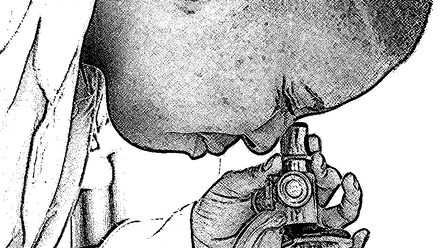Travel Grants to Go: Running an EDI panel
This panel promoted awareness to the 76 session attendees, addressing challenges faced by early career researchers and marginalized communities, and prioritizing topics such as mental health, impostor syndrome, and diversity in academia. These discussions gave attendees an opportunity to share experiences and insights, fostering a supportive community and empowering them to thrive in their scientific pursuits. The discussions continued for half an hour longer than planned, and the session was a resounding success!

EDI Panel (from left to right): Duncan Nicholas, Dr. Teresa Valencak, Dr. Andrea Fulgione, Dr. Julia Pawłowska, and Dr. Hanna Kokko
Although the invited speakers started the panel, most of the discussion was led by the attendees. The panellists had diverse experiences, coming from academia and non-academic fields in North and West Europe, the UK, and China, which made the discussion rich and varied. What made the EDI session special was that it was guided by the attendees' ideas, problems, and solutions, rather than sticking strictly to the planned topics. Many attendees didn't know what EDI means, how universities work with EDI, or that universities have rules to help those in trouble and prevent misconduct. During the panel, two attendees shared real examples of their problems and how they solved them with support from their PhD student representative, university, and supervisor. These personal stories showed the real impact of EDI and the importance of awareness and support in academic settings.






